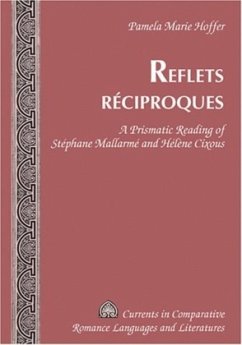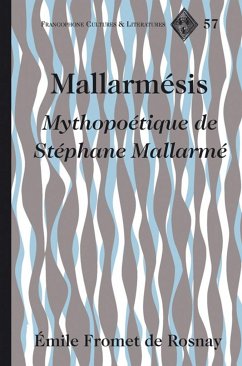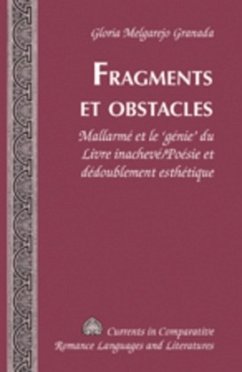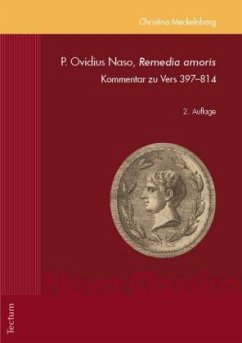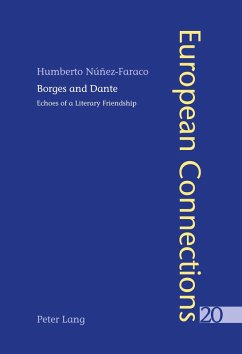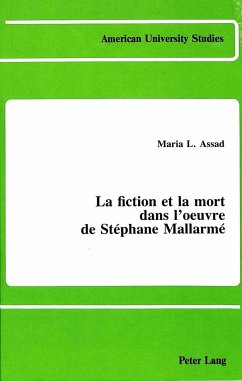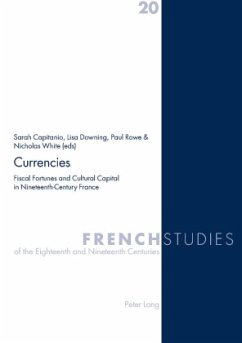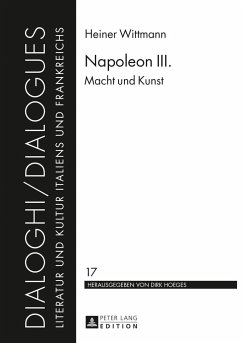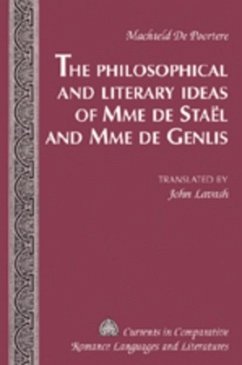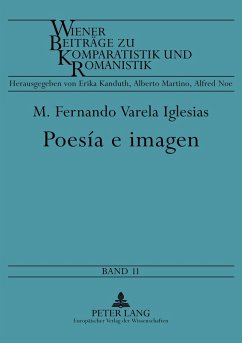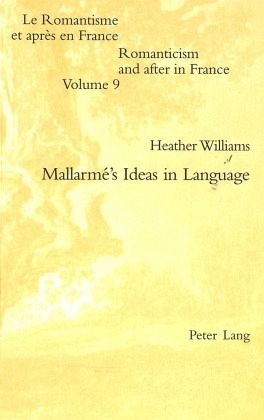
Mallarmé's Ideas in Language
Versandkostenfrei!
Versandfertig in 6-10 Tagen
61,95 €
inkl. MwSt.

PAYBACK Punkte
0 °P sammeln!
Mallarmé's impact has been too great to remain within the confines of French-language culture, or indeed literary studies. While much of the first century of Mallarmé's posthumous glory has been spent looking at his ideas on language as a key to his difficult oeuvre, something far more fundamental to his originality has been brushed over: his ideas in language. Contained within that shift of preposition is Mallarmé's unique way of handling concepts. This book is about the sheer improbability of Mallarmé's joint concern with concepts, or ideas, on the one hand, and with language as it behav...
Mallarmé's impact has been too great to remain within the confines of French-language culture, or indeed literary studies. While much of the first century of Mallarmé's posthumous glory has been spent looking at his ideas on language as a key to his difficult oeuvre, something far more fundamental to his originality has been brushed over: his ideas in language. Contained within that shift of preposition is Mallarmé's unique way of handling concepts. This book is about the sheer improbability of Mallarmé's joint concern with concepts, or ideas, on the one hand, and with language as it behaves within the constraints of poetic convention on the other. While the emphasis is on Mallarmé as a handler of concepts, this is not primarily a study of Mallarmé's philosophical ideas, still less of philosophical influences that bore on him. Its real theme is Mallarmé's discovery that in order to do something with concepts he must do something to language.



